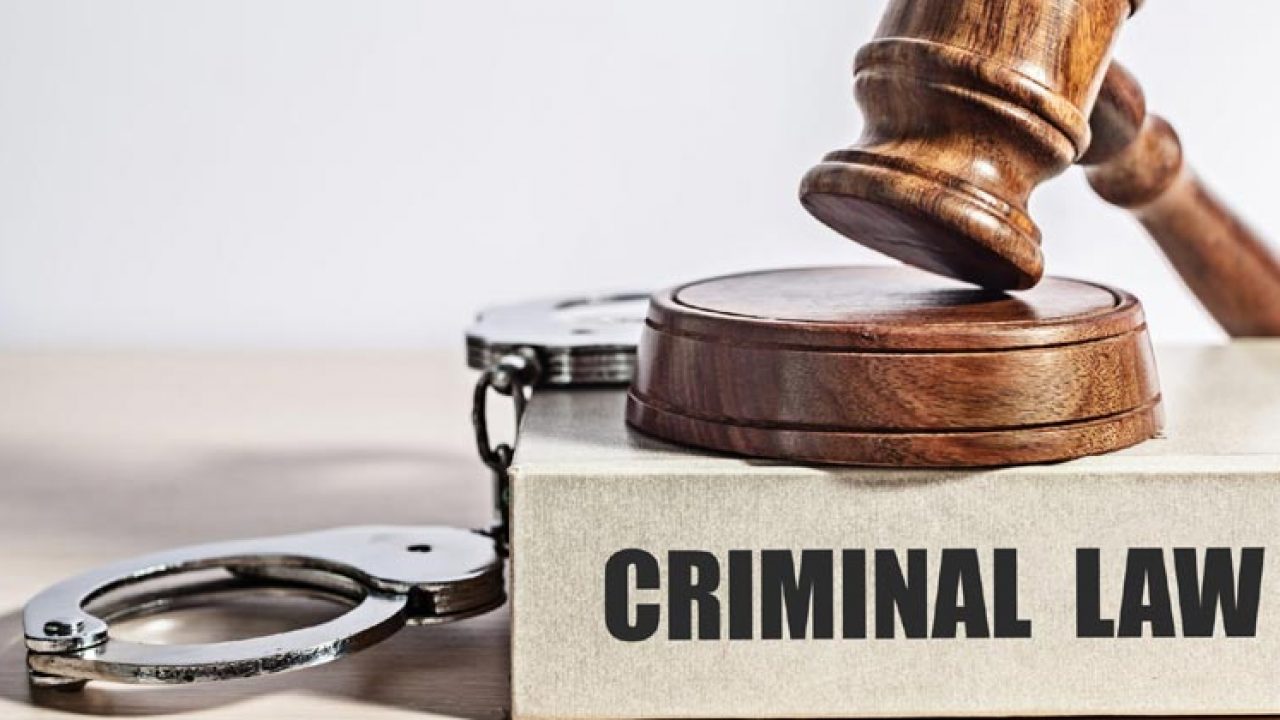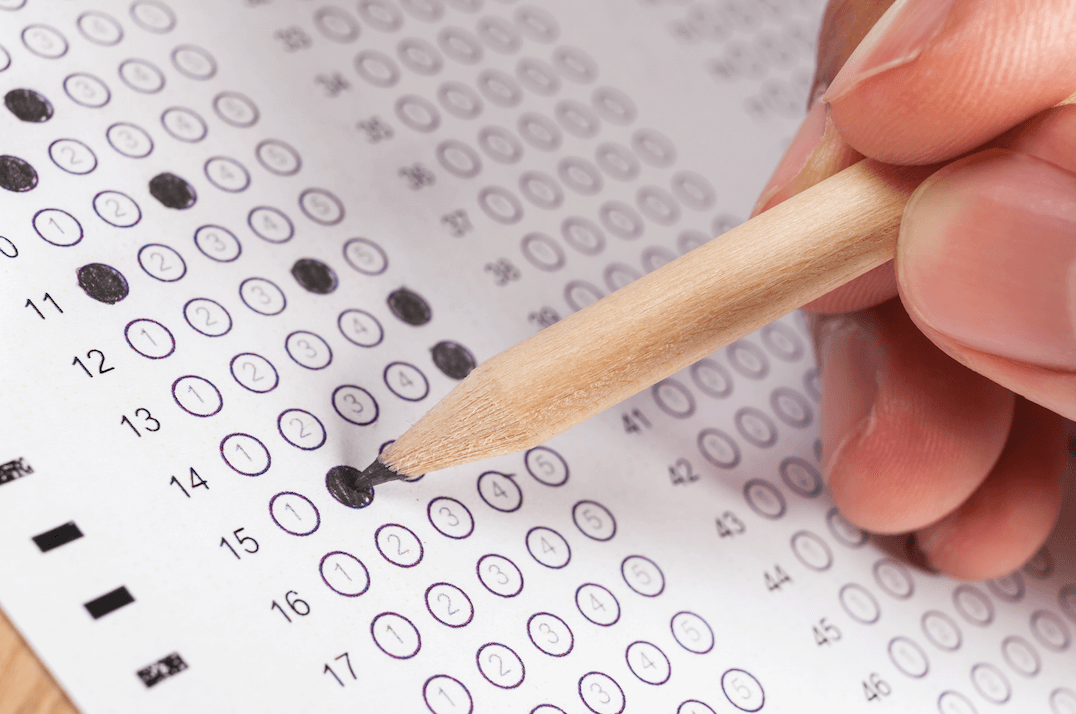
In this article, we characterize what criminal regulation is, how to turn into a professional criminal legal counselor, tips you really want for getting a regulation degree and the compensation and occupation standpoint for this field.
Criminal attorneys assume a fundamental part in the American equity framework by offering legitimate help to people who need it. Individuals who are keen on becoming criminal attorneys need to dare to shield others. Building an effective profession in criminal regulation requires difficult work, enthusiasm and responsibility.
What is criminal regulation?
Criminal regulation is an area of regulation administering conduct that is considered to be destructive and imperiling to the public either regarding property security or moral government assistance. Government pioneers make regulations to characterize and force punishments for criminal offenses.
For example, criminal regulation boycotts acts like homicide and robbery. On the off chance that anybody perpetrates a wrongdoing as characterized by these regulations, they can be considered responsible through a criminal preliminary. Criminal regulations are intended to treat individuals’ activities and assist them with grasping the repercussions of their exercises.
What do criminal legal counselors do?
Criminal legal counselors, otherwise called protection lawyers or public safeguards, work to shield and address residents or associations accused of wrongdoing. They frequently have practical experience in various regions of the law, like family regulation, business regulation, protected regulation or criminal regulation. This profession requires responsibility and devotion.
Before a case goes to preliminary, criminal legal counselors can go through hours in examination and case readiness that includes looking at regulations and rules, gathering proof to make a case and exploring shortcomings that could imperil a case then present it in court. Different obligations include:
- Meeting observers
- Checking out at the crime location
- Fostering a case technique
- Building a guard
- Gathering observers to affirm in court
- Drafting, recording and contending requests
Criminal attorneys handle different crook cases that range from sex violations, aggressive behavior at home wrongdoings, misrepresentation, theft, drug wrongdoings and different offenses. Now and again, they take on free cases or address people who can’t stand to pay for portrayal. Criminal legal advisors can likewise show up in the public eye while taking care of high-profile cases.
How to become a criminal lawyer?
Turning into a criminal legal counselor requires finishing an undergrad and advanced education, breezing through a bar assessment and getting a regulation permit. To seek after a lifelong in criminal regulation, follow these means:

1. Earn college education
To get into graduate school, you first need a four year college education from a certified school. To check in the event that your school of decision is authorized, take a look at the U.S. Division of Instruction’s (DOE) Information base of Certify Postsecondary Organizations and Projects. What you major in doesn’t make any difference, yet a degree in law enforcement is gainful in light of the fact that its courses offer a primary foundation in law enforcement. These courses might include:
Prologue to Criminal science:
This course centers around the logical investigation of hoodlums, wrongdoing and the law enforcement framework. Understudies and teachers endeavor to make sense of criminal way of behaving, concentrate on the various kinds of wrongdoing and give ideas on forestalling violations.
Policing: In this course, understudies find out about the job of policing. This position includes guaranteeing that police divisions and other policing run actually.
Remedial Organization: This course looks at the jobs that restorative chairmen perform, for example, overseeing financial plans, managing prison guards, and keeping up with protected and clean detainment facilities.
Criminal Organization: This course centers around the law enforcement framework’s tasks, from policing to the legal interaction.
2. Finish the graduate school confirmations assessment
Subsequent to getting your four year college education, you want to sit for the graduate school confirmations test (LSAT), an affirmation prerequisite for going to graduate school. This is a state sanctioned test that assesses perusing, verbal and thinking abilities. It incorporates segments of five numerous decision questions and a composing test. Graduate school confirmation officials utilize the scores to check understudies’ inclination for legitimate work. The LSAT is offered four times each year, in February, June, September and December.
3. Plan for graduate school
Subsequent to procuring your four year college education and finishing your LSAT assessment, you are prepared to begin applying to graduate schools. Before you start the cycle, however, explicit moves should be initiated:
Enrolling with a Qualification Gathering Administration (CAS):
This is a crucial step that ought not be forgotten about. All graduate schools use CAS. You send your records and letters of proposal to CAS, and they bundle them together and forward them to your schools of decision. A charge is expected for this help, and it’s essential to enroll early and present your records.
Gathering letters of suggestion:
You can ask your teachers, past or present managers or church pioneers to compose areas of strength for a letter that shows your hard working attitude and basic beliefs.
Composing an individual assertion:
Graduate schools require hopeful understudies to compose a short 500-word explanation as a feature of their application. Understudies can either expound on a subject of their decision or compose on a relegated theme. It’s critical to regard as far as possible on the grounds that surpassing it can hurt your possibilities of affirmation.
Graduate schools don’t offer majors, so while composing your assertion, examine your objectives and make sense of why you figure the school can assist you with accomplishing them. Try not to expound on “majoring” in a specific field.
4. Procure a regulation degree

Graduate school involves 90 credit hours spread out over a time of three years. Your most memorable year comprises courses that assist you with acquiring experience in various lawful settings. A portion of these courses are:
Protected Regulation:
This is a collection of regulation that characterizes the powers, jobs and designs of various substances inside a state or country, for example, the authoritative, leader and legal executive branches. It perceives the key privileges of residents
Criminal Regulation:
This is the group of regulations that arranges criminal offenses.
Common Strategy:
This is the investigation of cycles that apply in cases that are not criminal related.
It’s indispensable to explore a school’s educational program and the accessible areas of concentration prior to applying. Numerous claims to fame are accessible inside the legitimate field, so make certain to choose a program with a few courses zeroed in on your field of interest. For example, you might decide to focus on family regulation, criminal regulation, property, business regulation or natural regulation.
Graduate school graduates get a broadly perceived degree known as a J.D. (Juris Doctorate). A sum of 205 ABA-certified graduate schools offer this degree. Most of the states require hopeful attorneys to get this degree prior to doing the final law test.
5. Pass the MPRE

The MPRE (Multi-state Proficient Obligation Assessment) is a prerequisite expected by the states in general and purviews in America with the exemptions of Puerto Rico, Wisconsin and Maryland. In certain states, you should breeze through this test before you can sit for a legal defense test. The MPRE covers legitimate morals and is two hours in length.
6. Acquire your regulation permit
Each state concedes legal counselors and oversees a legal defense test, and the techniques and necessities might fluctuate from one state to another. Prior to applying for permission to a state bar, check the necessities for the state you wish to rehearse in. Each state expects that you breeze through the composed test. The test includes a different decision test and an exposition segment spread out north of two days.
A few states have made their own special test, yet many states have taken on the Uniform Legal defense test (UBE). Assuming you pass the UBE, you might move your score to different states that have taken on it. For example, in the event that you get through the legal defense test in a UBE state like Pennsylvania yet need to rehearse in adjoining states too, you can apply for a permit in other UBE states without taking another test. Remember, however, that various states might set different passing scores.
The final law test happens two times per year: first throughout the late spring, around June or July, and a second time during winter, around February.
7. Acquire work insight
Hopeful legislators can get a cutthroat position on the off chance that they’ve had past work encounters like chipping in for social help offices or worked in the court. You can acquire work insight by:
Looking for temporary jobs
Getting a temporary position with a public safeguard is a brilliant approach to building your standing while at the same time acquiring experience in criminal regulation. You will get to work intimately with a public protector and undoubtedly go with them to court. Seeking after a temporary job with an appointed authority who manages criminal issues can likewise add to your legitimate instruction.
There are graduate schools that permit externships for credit. You can hold back nothing with a state criminal adjudicator or a government judge. Judaical externs get to perceive how judges choose cases and comprehend which contentions they see as influential and which ones they don’t. Legal externs complete obligations, for example, investigating case regulations, drafting seat requests and watching oral contentions.
The Bottom Line
Becoming a criminal lawyer is not a daunting task. You just have to follow a process with proper thought and consideration. Once you have followed the above-mentioned steps with proper attention, nobody can stop you from becoming an efficient lawyer.